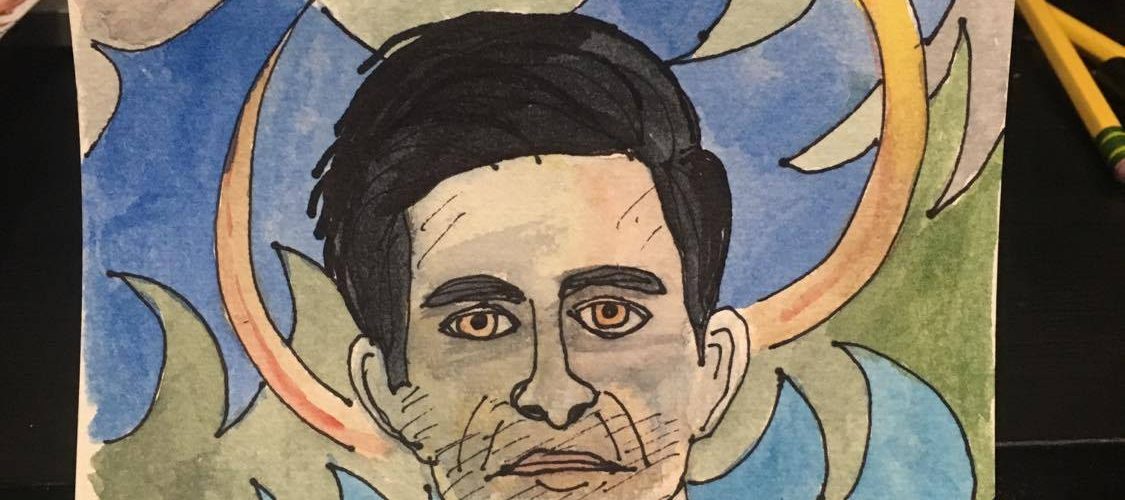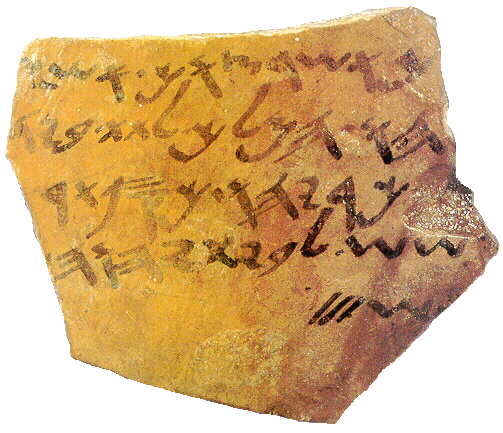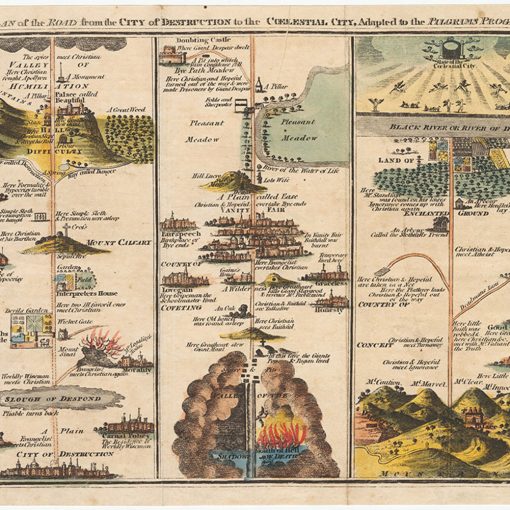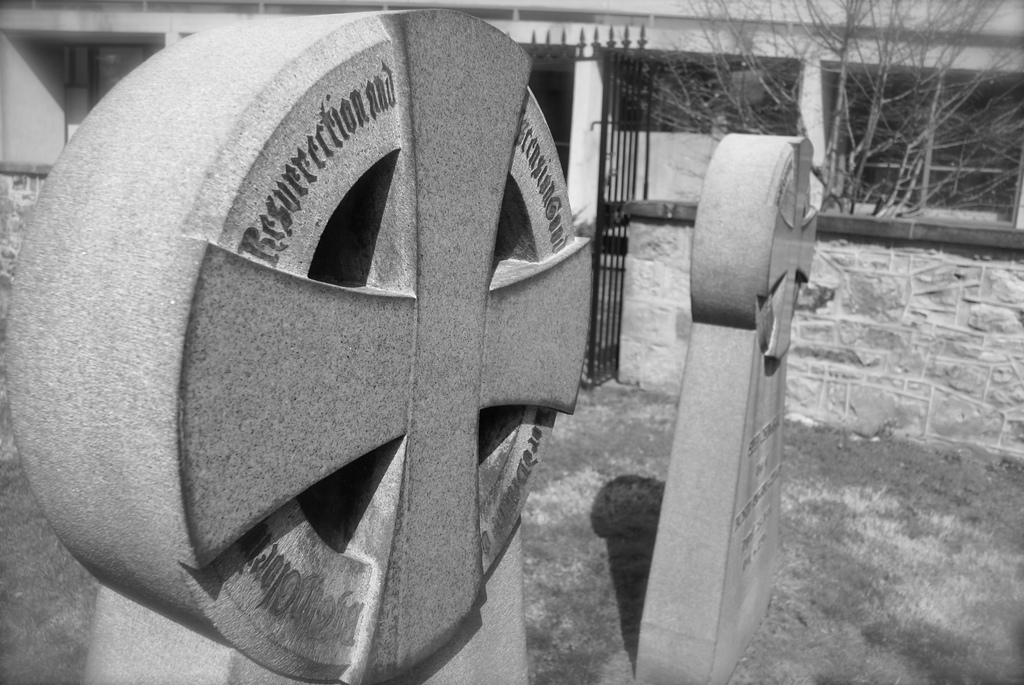This is an entry in the “Acrostic Contemplations.”
Saints, for many Protestants, are a concept that is foreign, associated with the Catholic Church, candles, and idolatry. Certainly, that is the image that I grew up with, yet as I came to understand the Bible and the history of the Church better it became clear that saints are sinners, they are not the occasional, unique individual, they are all those who put their trust in God rather than in the world.
In the fall of 2016, I was called to be the interim rector of a parish in Nashville, TN. It so happens that, in the weeks before the call, I had been listening to “House on Fire,” a new album by Kerosene Halo, the duo venture of Michael Roe and Derri Daugherty. One song struck me particularly, “The Ghost of Johnny Cash.” Doing a bit of online research I found that it was written by Phil Madeira, the uncle of the church’s Director of Music. Like many, perhaps even most in that Nashville sanctuary, I am a big fan of Johnny, not just his music but how he lived his life. Which is not to say that he was a particularly holy man. Quite the opposite, it is the fact that he was very real, open, and honest about his failings, his need for forgiveness and grace in his life. In this song, which Phil wrote while going through a difficult time in his own life, the lyrics speak to a truth that many might share.
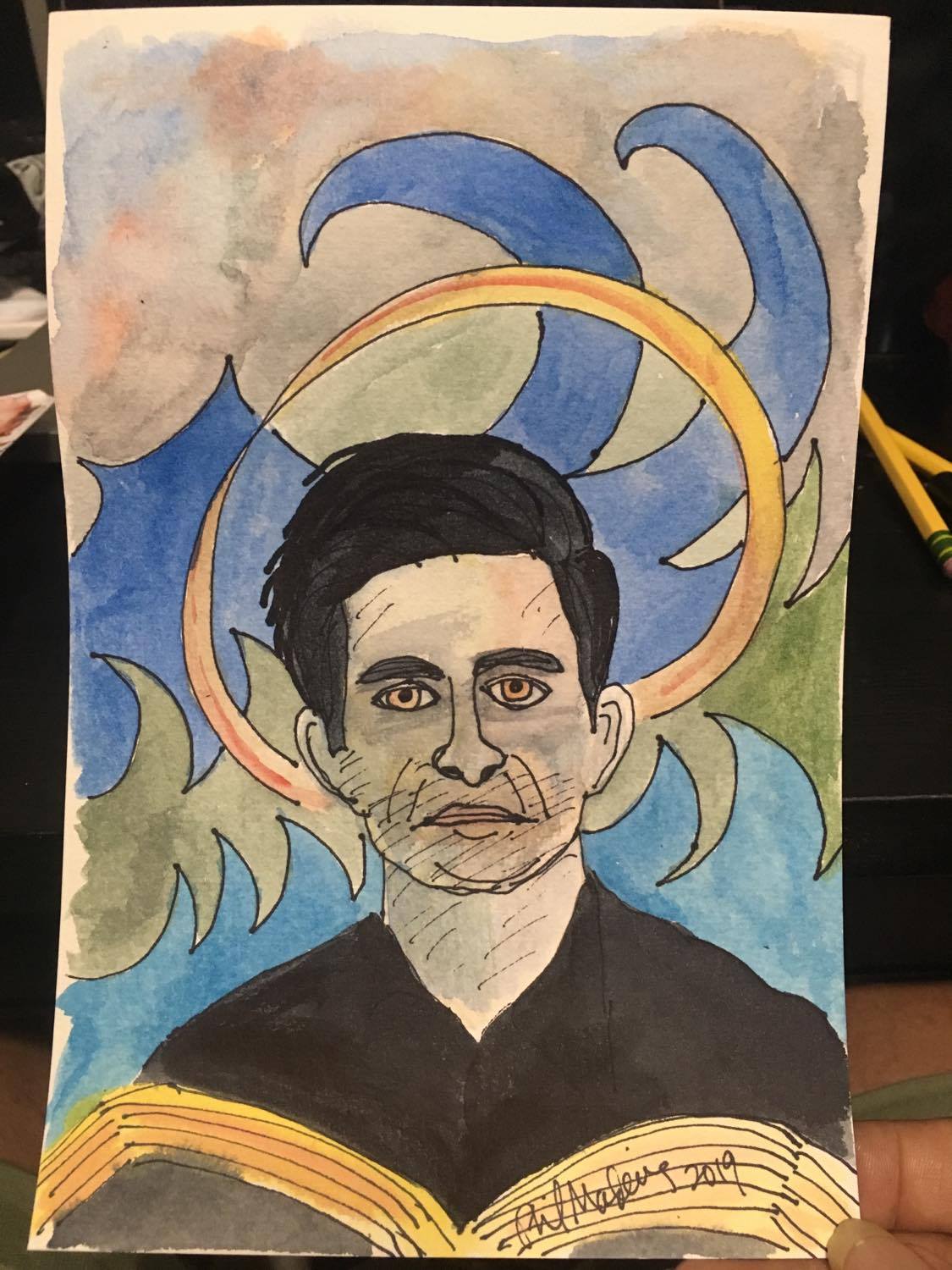
Some sinners need their saints to be
Survivors of the fall
‘Cause when you’re down here on your knees
Most angels look too tall
So I’ll just live this life out
Dust to dust and ash to ash
With my guide from the other side
The ghost of Johnny Cash
I have often commented that the reason I like the Old Testament so much is that I can relate to the people and the stories found there. When I read the Gospels I find our Savior, yes, but he is holy and without sin. That isn’t me. And Paul provides us with the teachings of the New Covenant, enabling us to understand why the crucifixion wasn’t simply capital punishment, but was instead the salvation of the world.
In the Old Testament I find Ruth, an outcast and an immigrant through whom God sent to Israel King David and ultimately Jesus. And David himself was a man flawed and broken, very flawed and very broken. Still, when he repented God, had mercy on him. Then there was Nehemiah essentially an administrator and bureaucrat who encountered all sorts of political infighting and challenges while trying to rebuild Jerusalem. I am not a woman or a king or a Persian governor, but in their stories I find struggles and hardships to which I can relate. In Johnny’s life too.
This is what the Saints are, they are us. They have gone before us in the journey of this life, seeking to walk with God in this world and often failing.
The trying and failing is the reality of life, the “beautiful and terrible things” of this world. While that is the challenge of our faith it is also the encouragement of the saints. We live every day, every moment with the tensions that exist between the promises of God, the fulfillment of which began with the resurrection of Christ, and the reality within which we live and move and have our being. We live in this tension every day and so did Ruth and Esther, Rueben and Jonathan, Daniel and Paul, Johnny and Phil, Chris and Elizabeth, Steve and Tanya, you and me.
The true testimony of the saints is not of miracles or intervention, although I do not doubt the strength and the power of God and his Church Triumphant. No, the testimony of the saints is their perseverance. Presented with the brutal reality of this broken world, they respond by bringing healing, feeding, prayer, and the light of God’s love.
